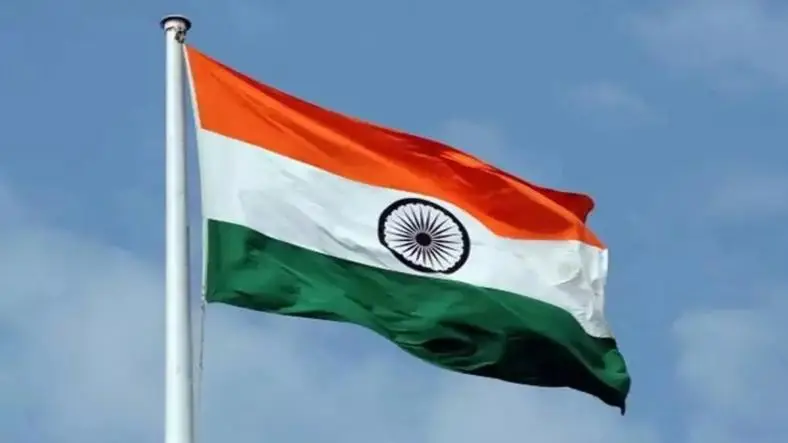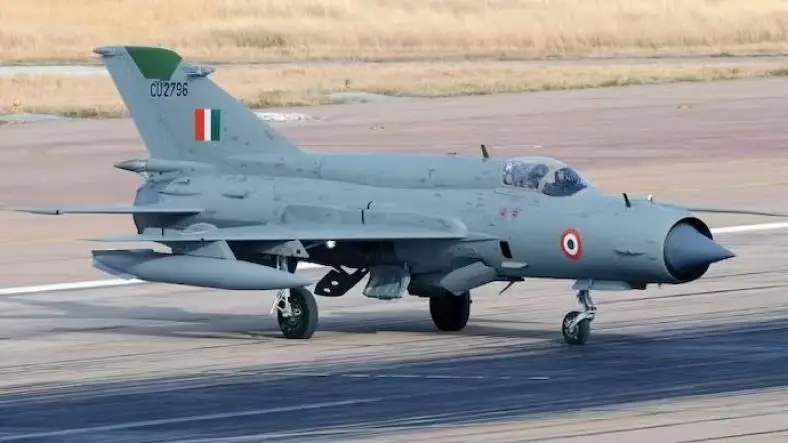In today’s complex and volatile global environment, India is emerging not just as a regional power, but as a nation capable of making sovereign choices amidst growing international scrutiny. With Prime Minister Narendra Modi at the helm, India has demonstrated that it will not bend under external pressure—be it from the West, the East, or any geopolitical bloc. At the heart of this stand is a simple, time-tested principle: India's national interest comes first.
Buying Russian Oil: A Strategic and Necessary Decision
When the Russia-Ukraine conflict erupted in February 2022, it sent shockwaves through the global energy market. The Western bloc, led by the United States and the European Union, quickly moved to impose sanctions on Russia and discourage global trade in Russian oil and gas. Many countries aligned with the West responded by cutting or limiting their imports.
India, however, made a decision that surprised the world—but made perfect sense at home.
Faced with soaring global energy prices and the pressing need to fuel a growing economy, India began purchasing Russian crude oil at significantly discounted rates. By 2023–24, Russia had become India's top oil supplier, accounting for more than 40% of its imports—over 1.7 million barrels per day.
Critics from the West argued that India was indirectly funding Russia’s war efforts. But Indian leaders were quick to respond—not with aggression, but with facts and dignity. External Affairs Minister Dr. S. Jaishankar famously pointed out:
“Europe has bought six times the amount of Russian energy that India has. If a $60,000-per-capita country is buying oil, surely it’s fair for a $2,000-per-capita country to buy it too.”
India's energy decisions were not driven by politics, but by pragmatism. Affordable fuel is essential for India's growth, especially for its transport, agriculture, and manufacturing sectors. A country with 1.4 billion citizens cannot afford to compromise its development for global optics.
Responding to US Pressure with Dignity
Over the last two years, Washington has not been subtle about its discomfort with India’s growing energy trade with Russia. Senior US officials held closed-door meetings with Indian counterparts, urging them to align with sanctions and reduce dependence on Russian crude. Some Western think tanks even hinted that future defense and tech partnerships with the US could be “re-evaluated.”
India, however, held its ground.
Prime Minister Modi, without directly confronting any ally, sent a clear message through his actions and diplomatic posture—India makes decisions in New Delhi, not in Washington, Brussels, or Moscow. India’s foreign policy is not reactive. It is guided by strategic autonomy, a principle that has become the backbone of India’s global identity.
Balancing East and West: India's Unique Position
India today occupies a unique space in the geopolitical landscape. It is a key partner in multiple global alliances, including:
Google Ad 1
- The Quad (India, USA, Japan, Australia): for maritime security and Indo-Pacific cooperation
- BRICS (Brazil, Russia, India, China, South Africa): for South-South cooperation and multipolar world order
- SCO (Shanghai Cooperation Organisation): for regional security and trade with Central Asia
Despite being courted by both the United States and Russia, India has maintained an independent line. It continues to buy the Russian S-400 missile defense system while simultaneously conducting joint military exercises with the US and acquiring critical defense and space technology from American companies.
This ability to engage with both sides—without becoming anyone’s proxy—is what makes India’s diplomacy so respected today.
India’s Assertive Global Voice
India is no longer content with being a passive observer in global politics. Its rising economic power, technological prowess, and demographic strength have given it the voice of a confident nation. Whether it’s advocating for vaccine equity during the COVID-19 pandemic, calling for a permanent seat in the UN Security Council, or pushing for reforms in global financial institutions, India is leading with both humility and strength.
When Prime Minister Modi addressed world leaders at major forums like the G20, SCO, and BRICS, the message was consistent:
India seeks peace, prosperity, and partnership—but will not accept pressure or dictate terms.
Conclusion: A New India That Stands Its Ground
India’s decision to continue buying Russian oil, even in the face of immense pressure, is not just about economics—it’s about principle. It reflects a mature democracy that puts the welfare of its people above symbolic gestures. It shows a nation that respects global partnerships but demands mutual respect in return.
This is a new India—proud, strong, and independent. A country that balances its legacy of non-alignment with the demands of modern geopolitics. A nation that looks the world in the eye and says: “We are open to dialogue, but not to dominance.”
India is not looking for conflict. It seeks harmony. But when it comes to its sovereignty, it will always stand firm.
Jai Hind.
Thanks for reading the article, read out articles for more such articles.















